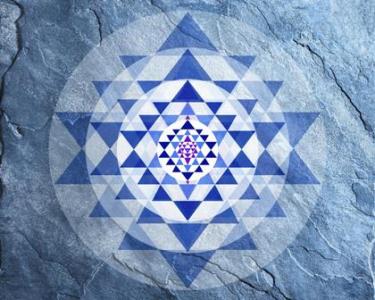Document Type
Audio File
Publication Date
2015
Abstract
In the paradigm of holistic interdependence, Eco-Thea-logy is rooted in the life affirming principles and values in which the whole of nature is divine and immanent. This paradigm embodies the multiplicity of sacred matter that is indivisible such as an emergent stream that is not merely unfolding around you–but in you. Unlike monotheistic Theo-logy, Eco-Thea-logy is a complex Gaianweb, grounded in multidisciplinary flexibility–and–interdisciplinary interactions in which the sum is greater than it parts. This complex Gaian–web nurtures Labyrinth Learning diversity constructs of participatory research versus rigid linear methods. Labyrinth Learning is defined as an epistemology that recognizes the relational and embodied nature of knowledge that supports subjectivity in a dynamic learning process. Labyrinth Learning speaks to a contemplative inquiry that is a recursive, cyclical, evolving process. As with Ecopsychology, it is a synergistic interplay between self and the cosmos that awakens the inherent sense of environmental reciprocity. In this earth-centered contemplative practice, the labyrinth is but a conduit of the Gaian Process, in which the topic chooses the student. This interconnected, postmodern approach relates to all capabilities, all disciplines, and all metamorphic ways of knowing.
Recommended Citation
Joan, Eahr, "The Eco-Thea-logy of Gaian Oneness and Metamorphosis of Labyrinth Learning" (2015). Founders Symposium. 6.
https://digitalcommons.ciis.edu/founderssymposium/6




Comments
Eahr Joan is a Reference Librarian at CIIS Library, has a Philosophy and Religion M.A. in Women’s Spirituality, and is author of Re-Genesis Encyclopedia: Synthesis of Labyrinth Learning, Integral Research, and Eco-Thealogy. Under the auspices of London University and the British Museum Library, she concluded a 12 year photographic fieldwork project throughout North Africa, Europe, and the Near East from 1980-1992. Subject specialties are Archaeo-Mythology and Eco-Thealogy.